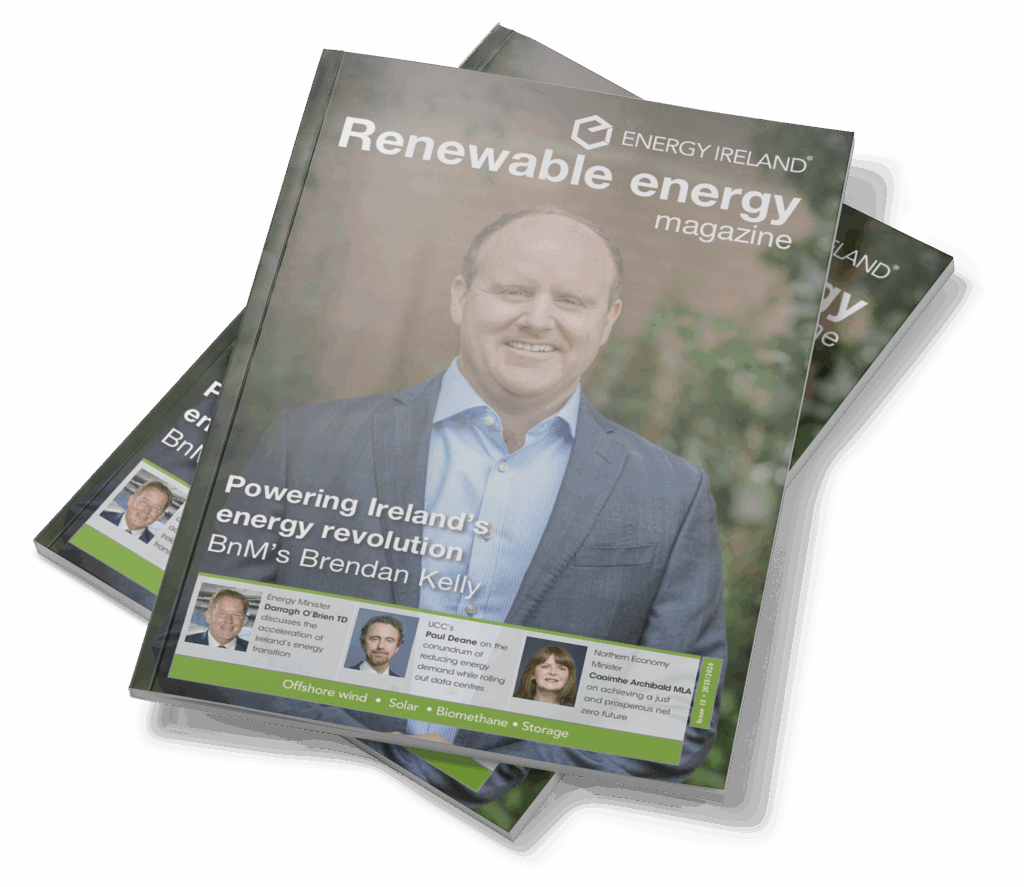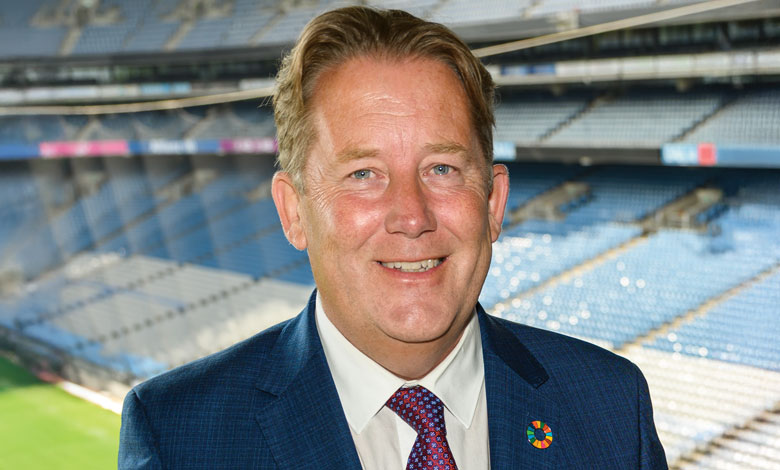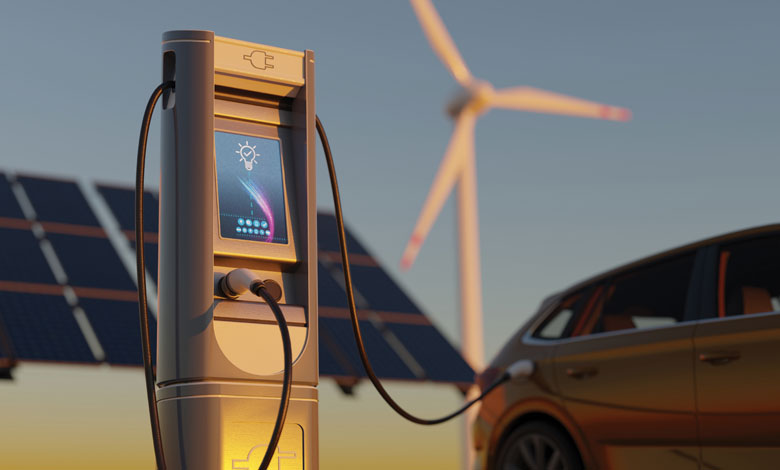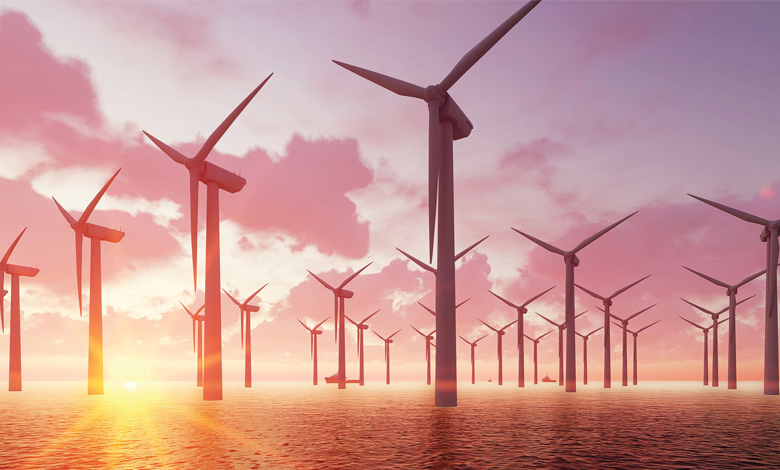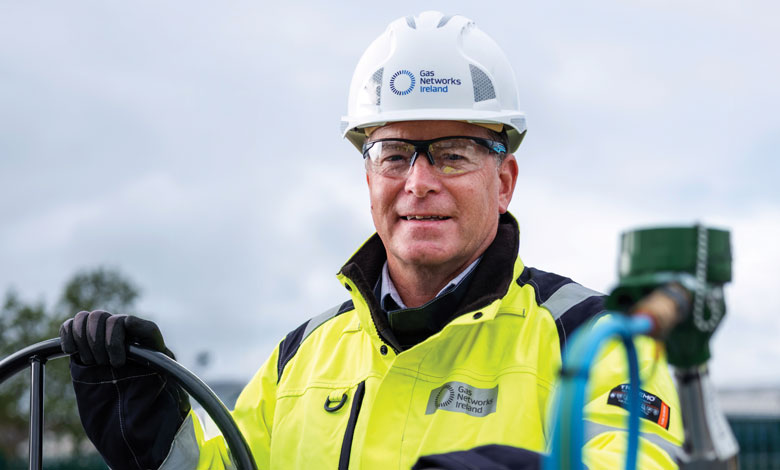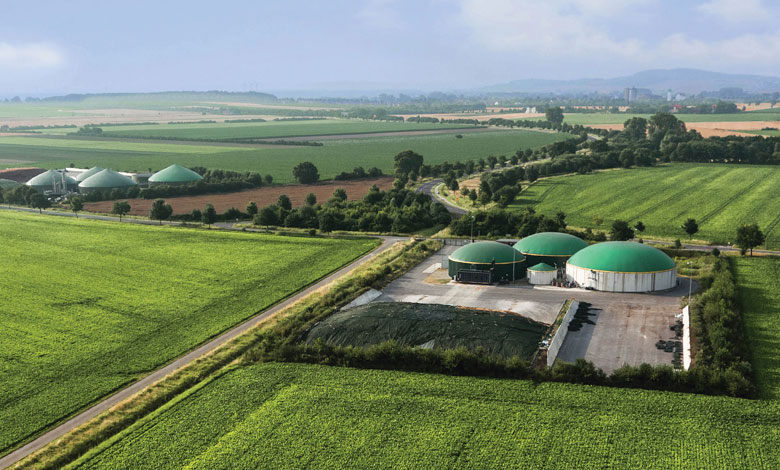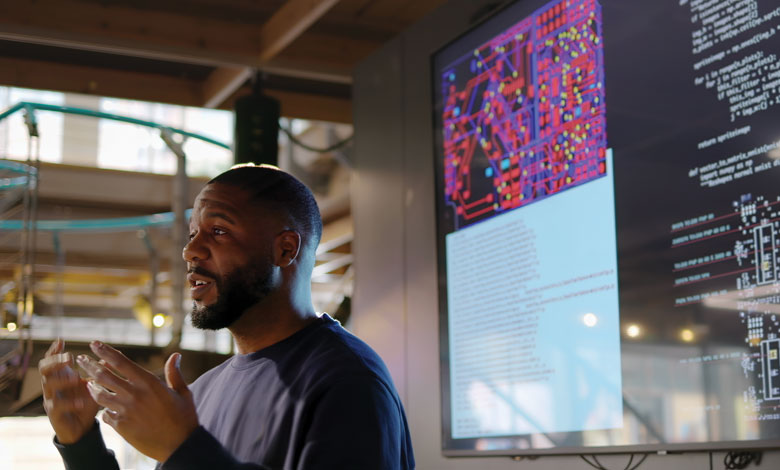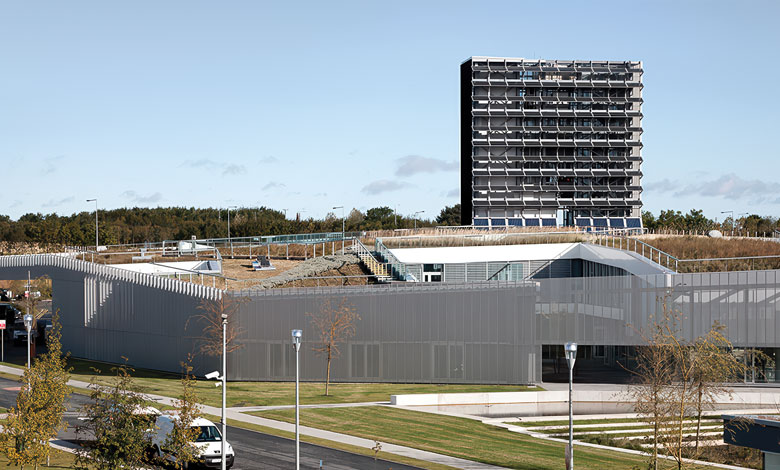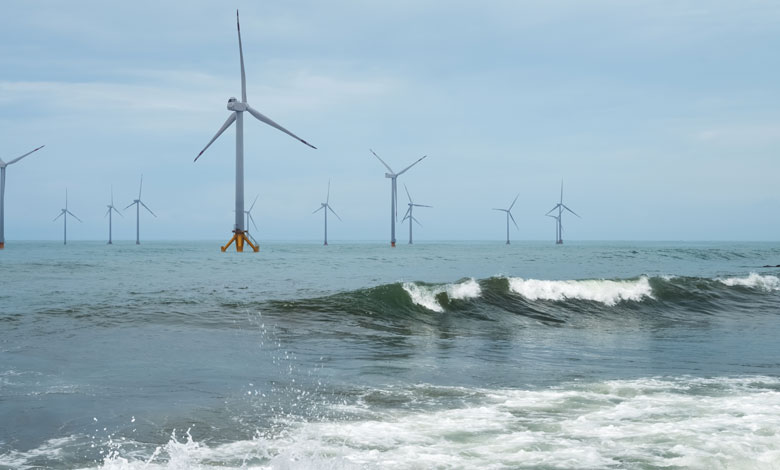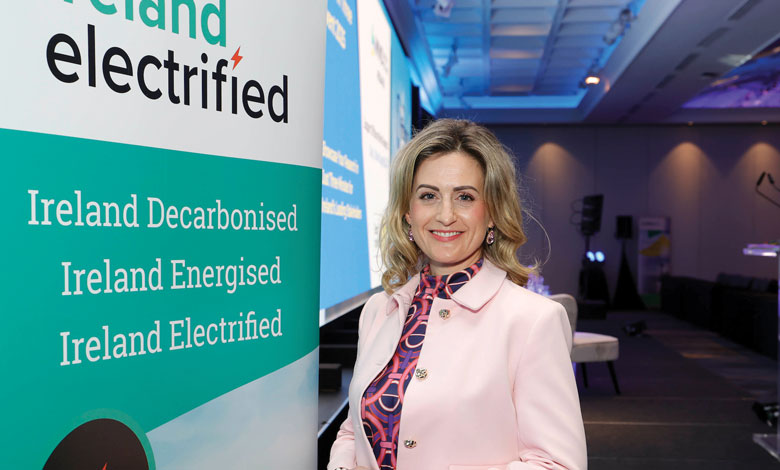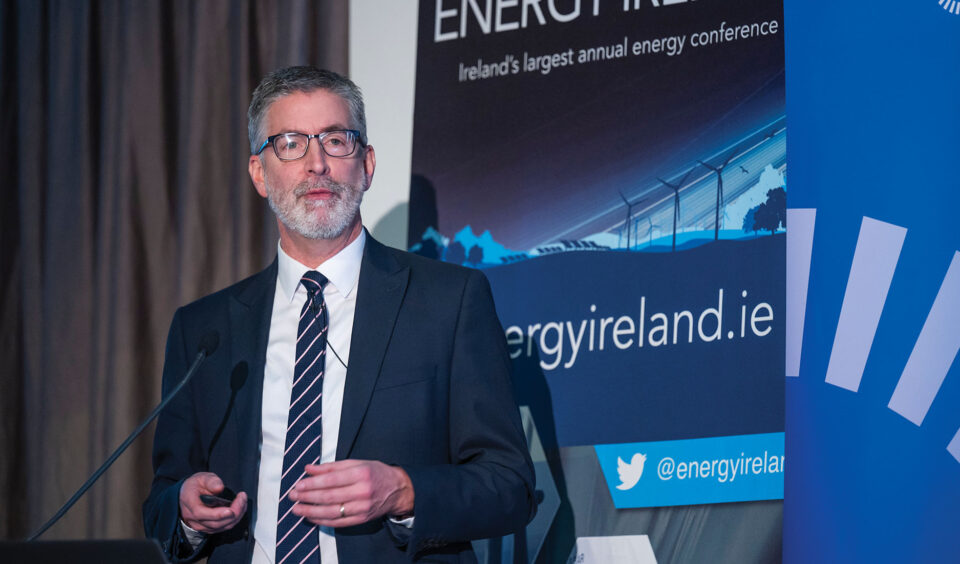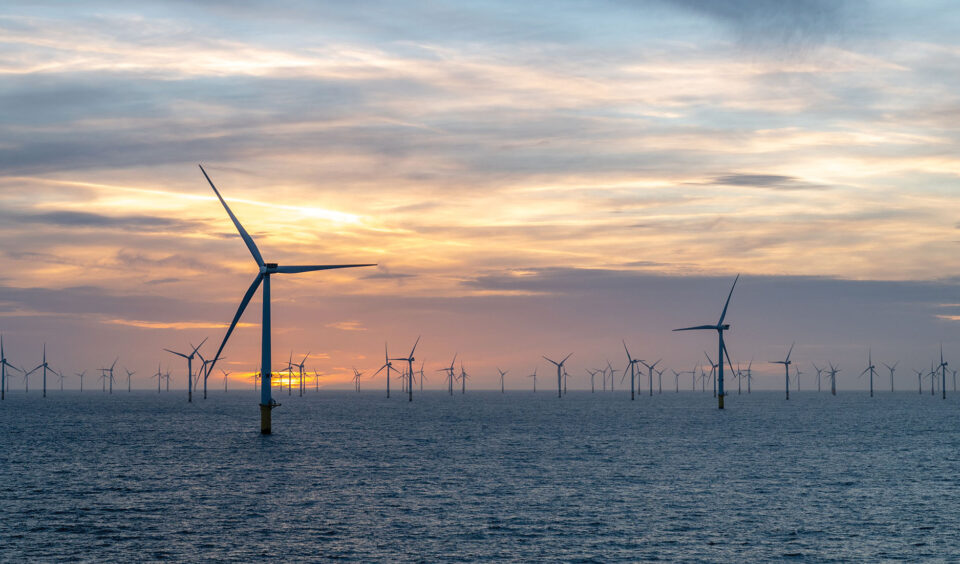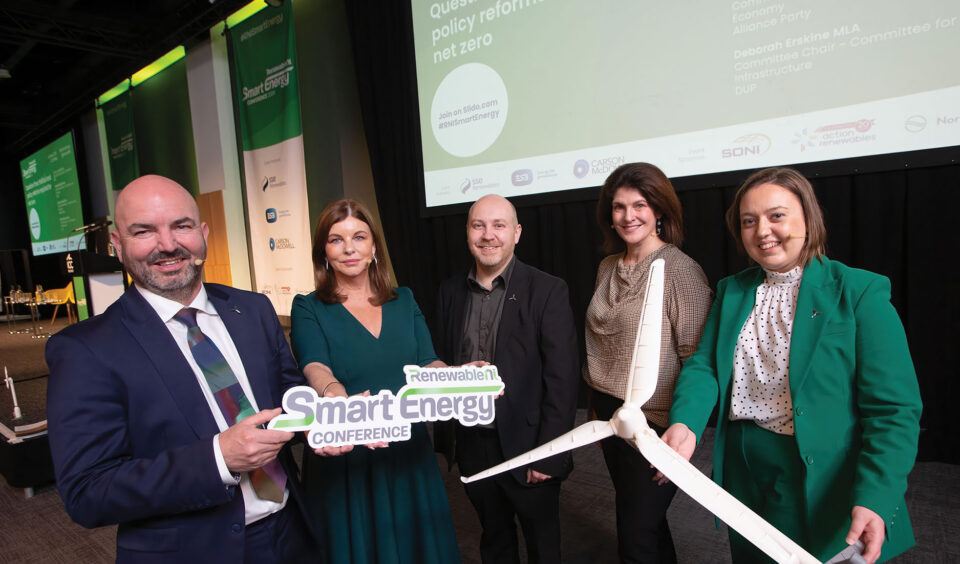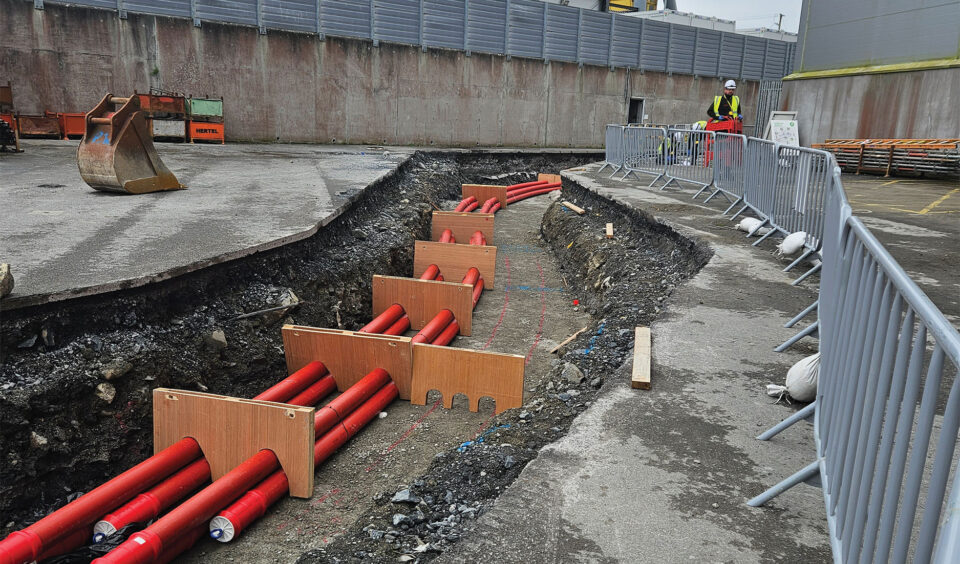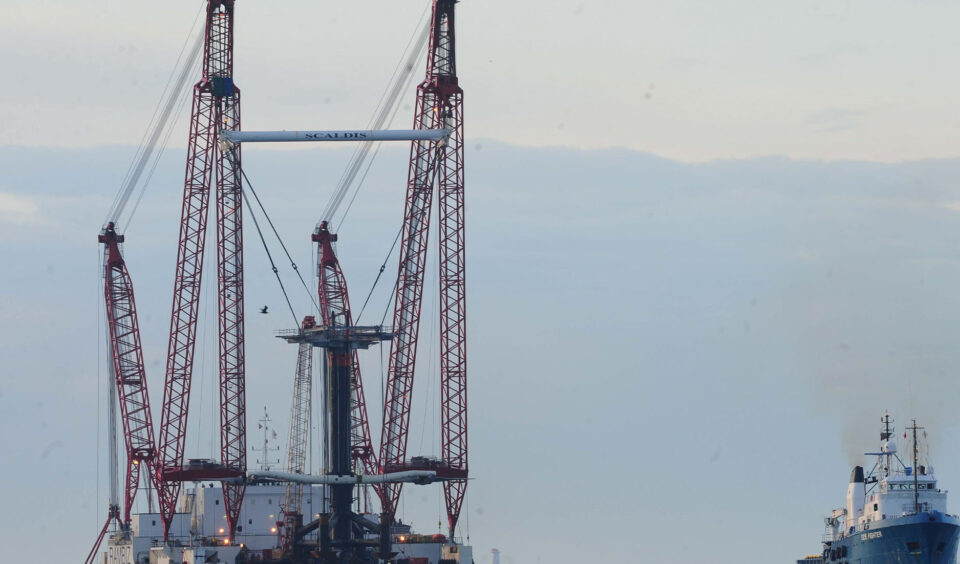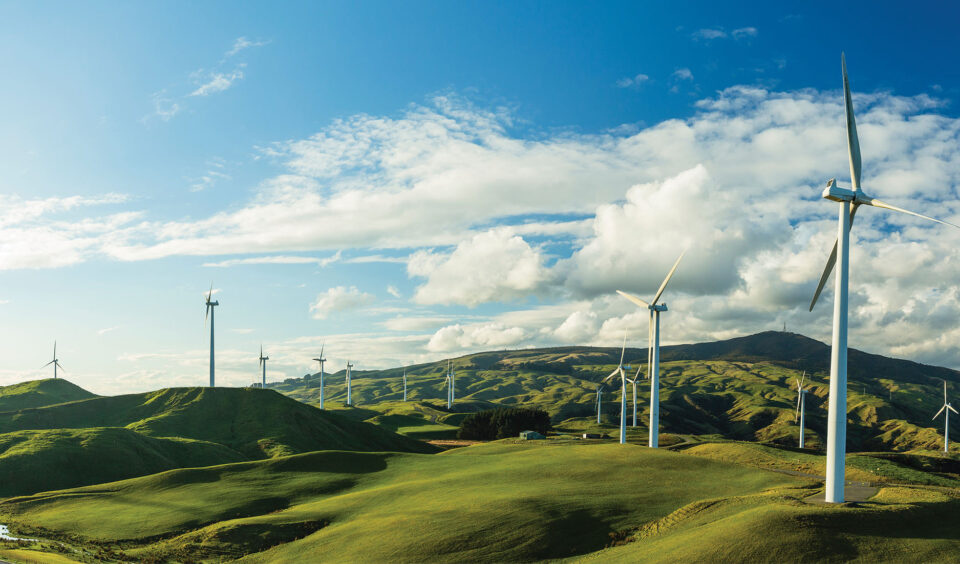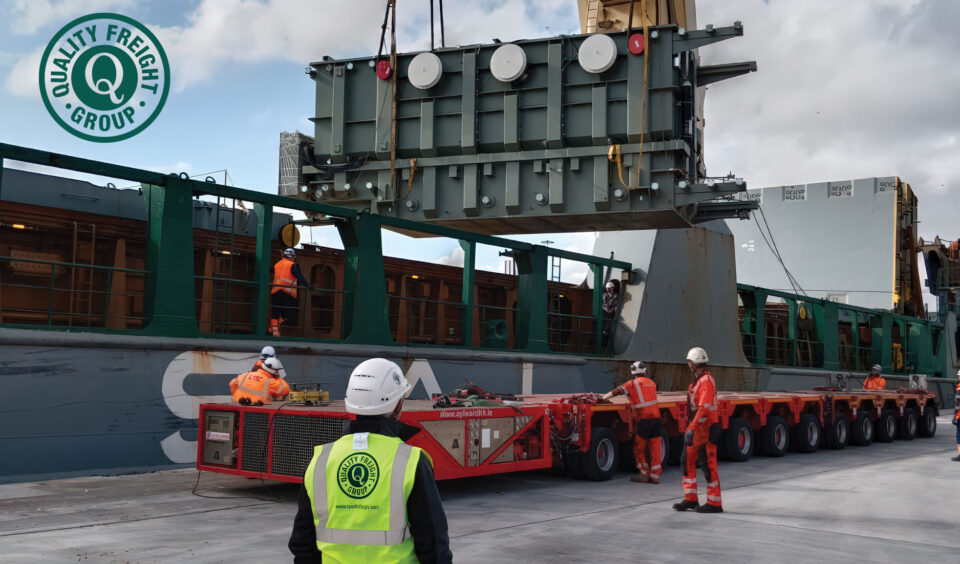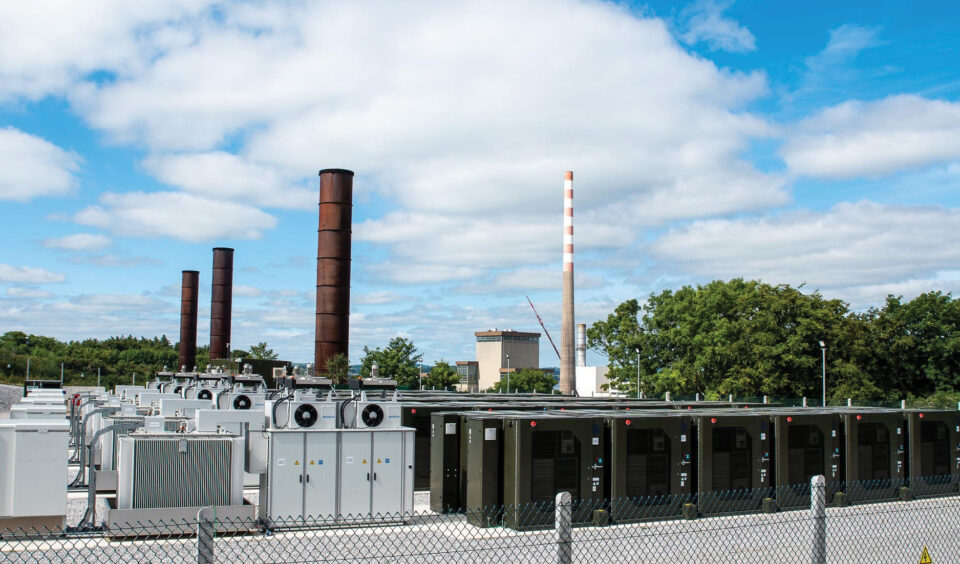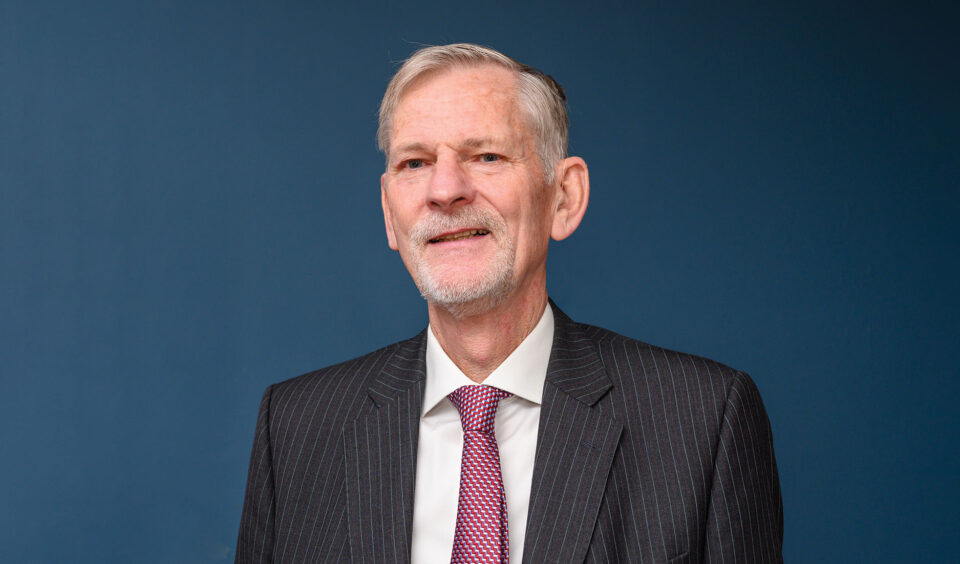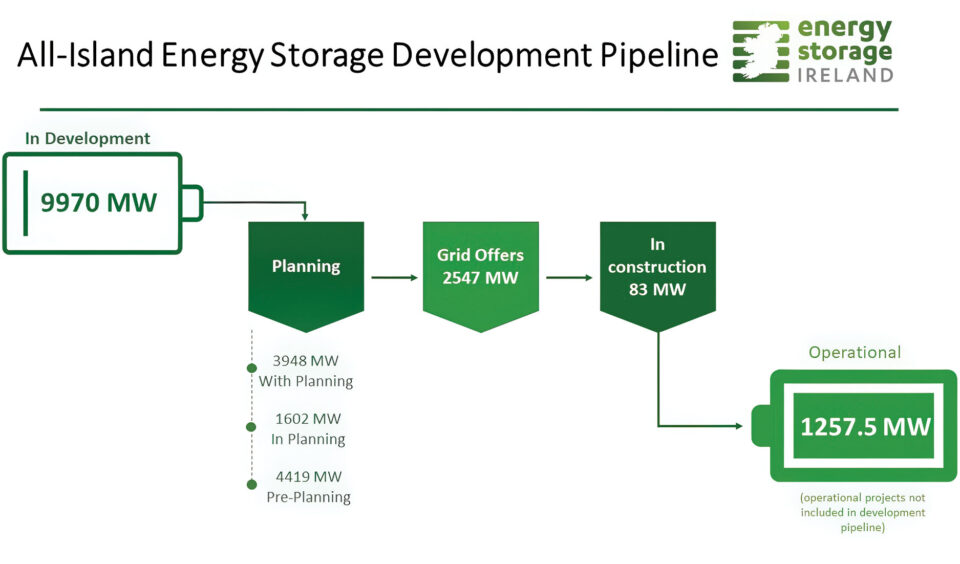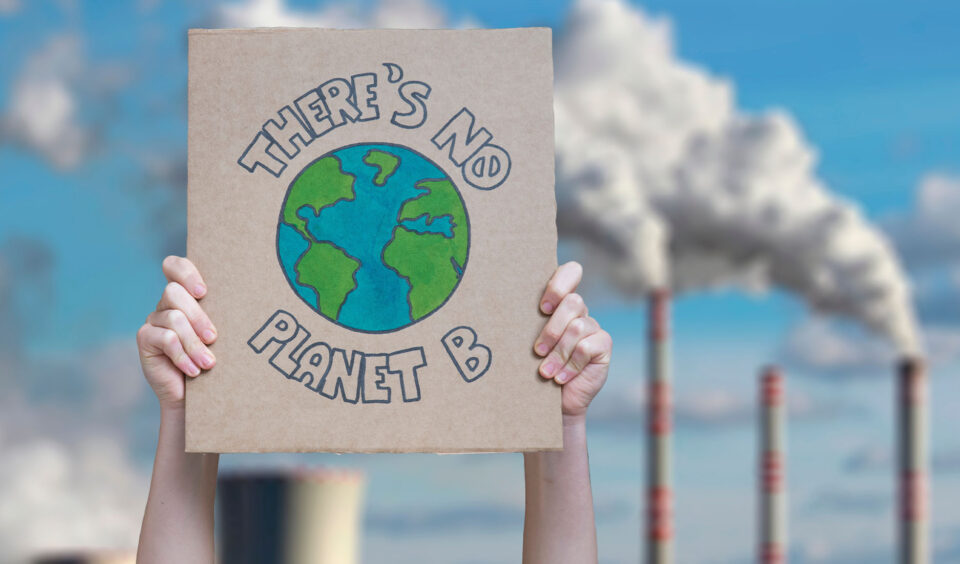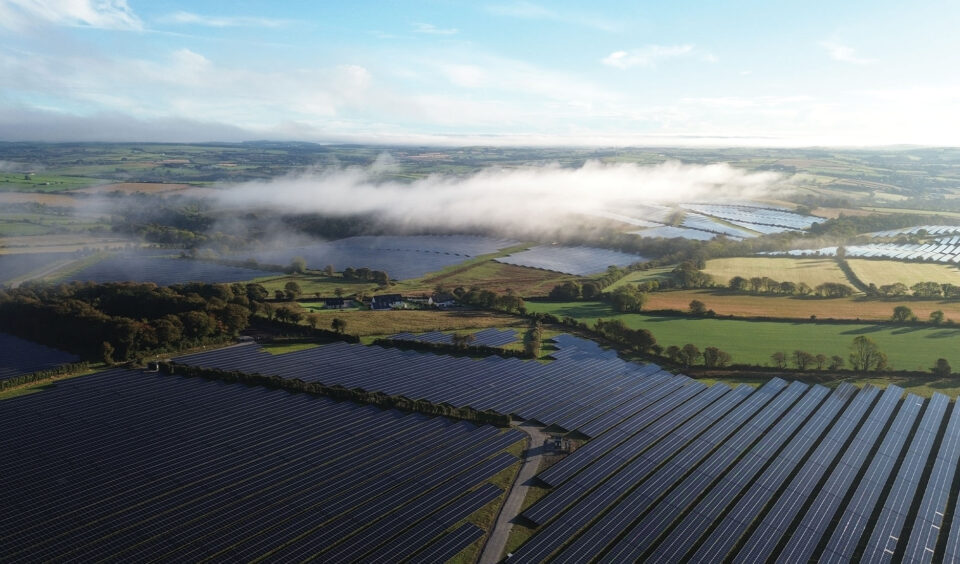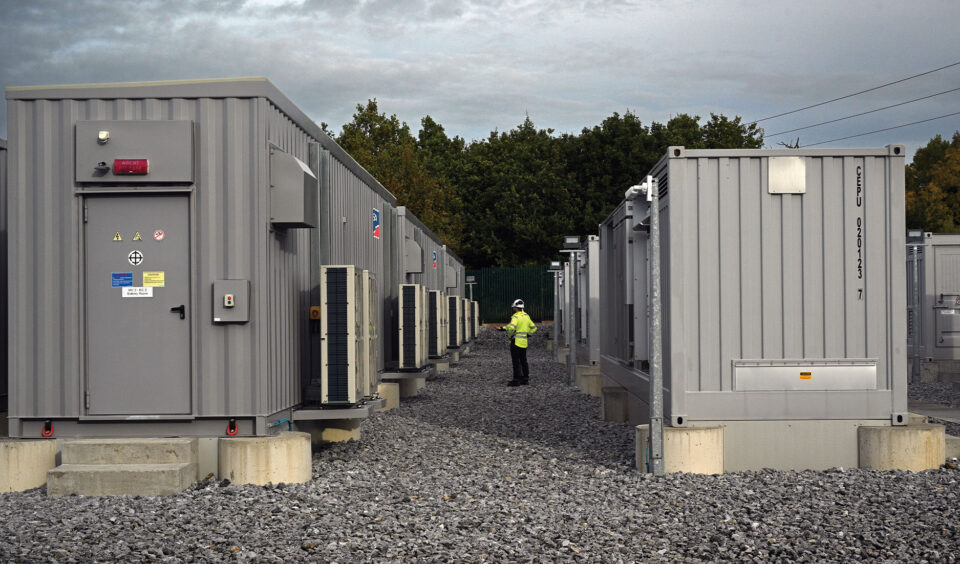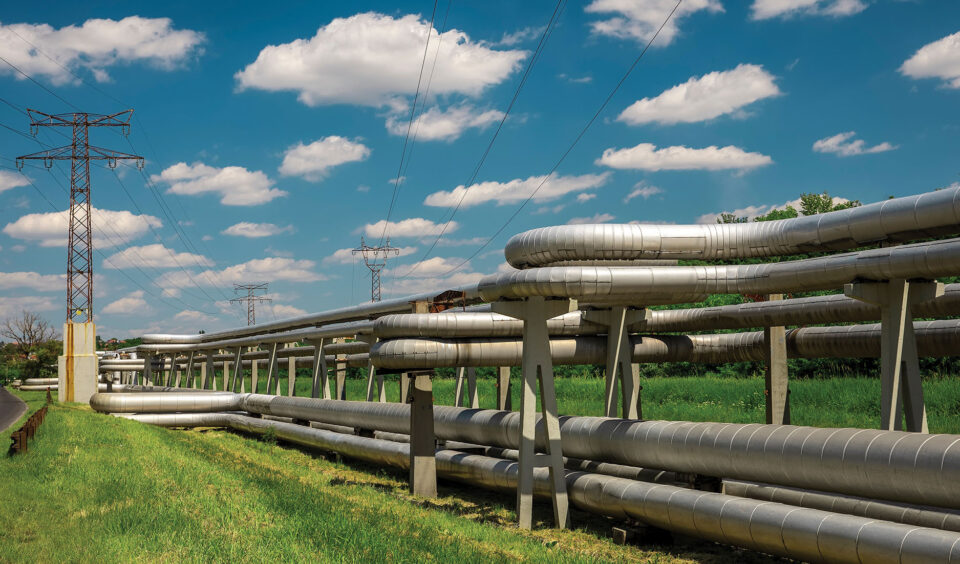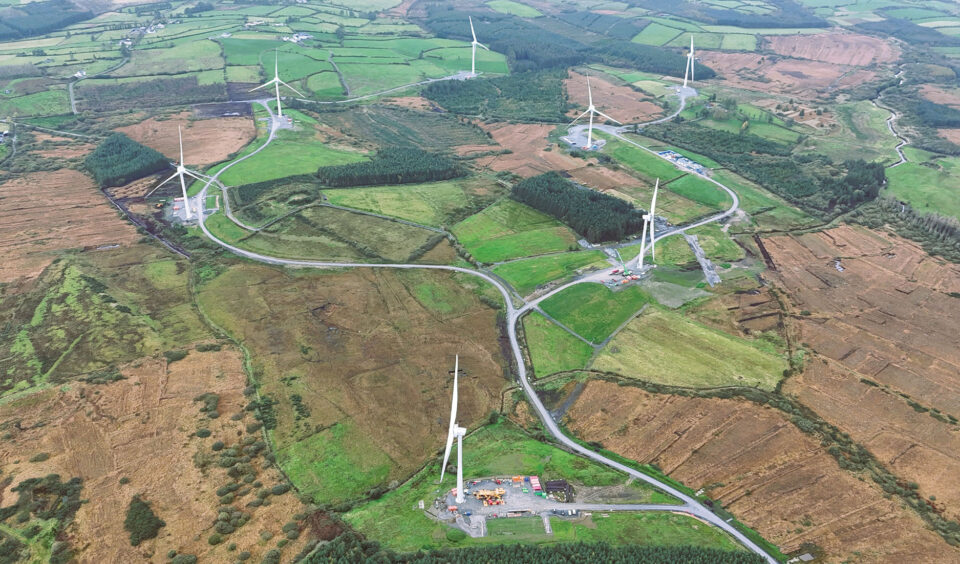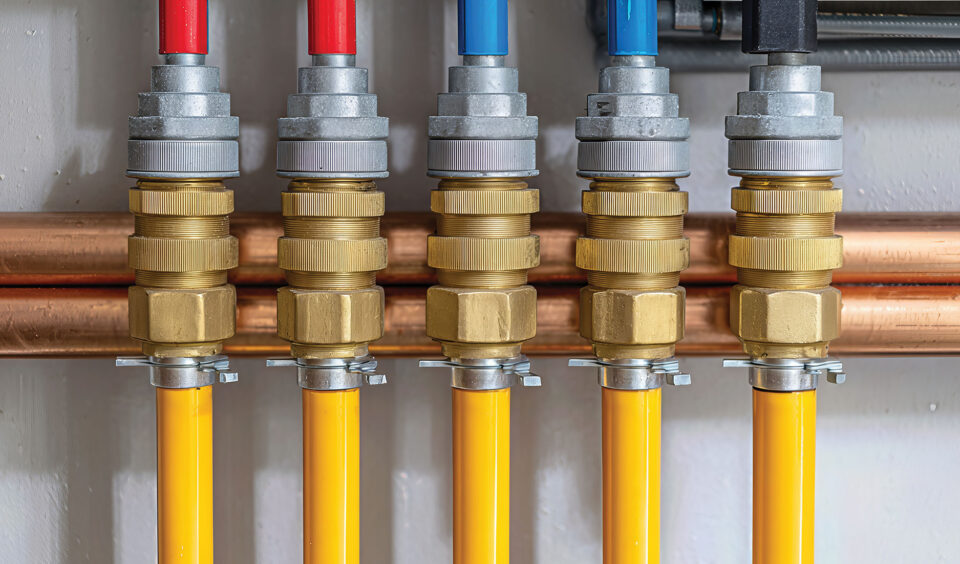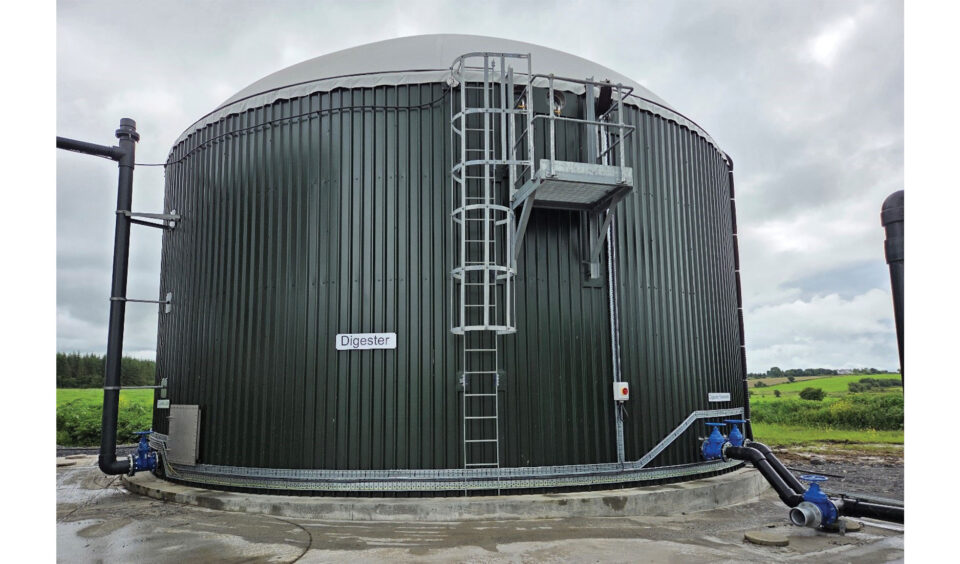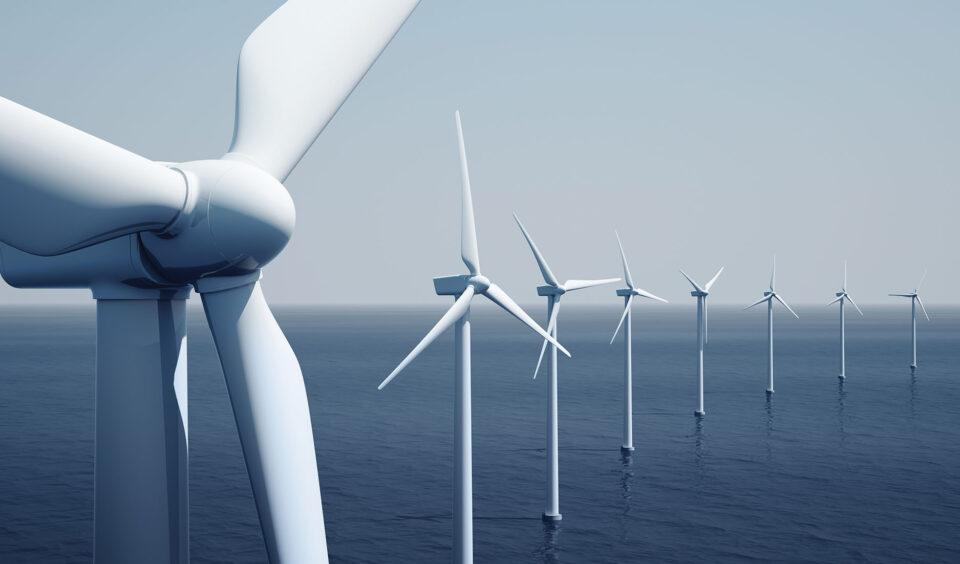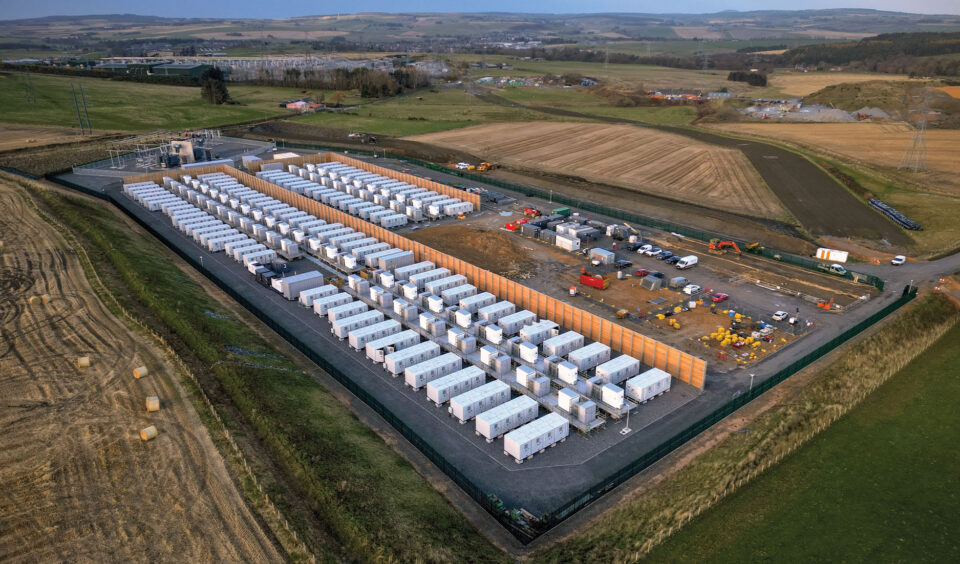Renewable Energy Magazine 2025
Time for delivery…
Ireland’s ambition to decarbonise its energy supply hinges on the rapid expansion of renewable electricity generation, which remains a formidable challenge.
Ireland has made considerable progress, with nearly 5GW of onshore renewable electricity capacity installed to date and the ability to accommodate 75 per cent system non-synchronous penetration (SNSP). However, efforts to increase installed capacity have been hindered, primarily due to a planning system that struggles to keep pace with the required changes.
This slowdown in development means that onshore infrastructure projects will continue into the 2030s, and the Government’s target of 5GW of operational offshore wind capacity by 2030 appears increasingly unlikely, as does the 2GW of green hydrogen production designed to arise from this.
An unintended consequence has been a shift towards addressing the grid solutions necessary to bridge the geographical gap between generation and demand and to manage the anticipated abundance of intermittent renewables.
Recognising that grid capacity limitations threaten the viability of future renewable projects, discussions are now focusing on long-duration storage, co-location hubs, planning system improvements, and private wires.
Our round table discussion hosted by Accenture underscores the growing attention being given to infrastructure resilience in the aftermath of Storm Éowyn. Meanwhile, our cover story with BnM’s Brendan Kelly examines the role of one of Ireland’s most significant energy players in powering the State’s energy revolution.
This edition also features commentary from Minister for Climate, Energy And The Environment Darragh O’Brien TD, alongside the North’s Minister for the Economy, Caoimhe Archibald MLA, reflecting the importance of delivery on an all-island basis.
Other highlights in this 15th edition of Energy Ireland’s Renewable Energy Magazine include expert analysis on the future of offshore wind, geothermal, biomethane, storage, and solar; each of which have a critical role to play in ensuring Ireland’s renewable energy targets can move from aspiration to delivery.
Joshua Murray

